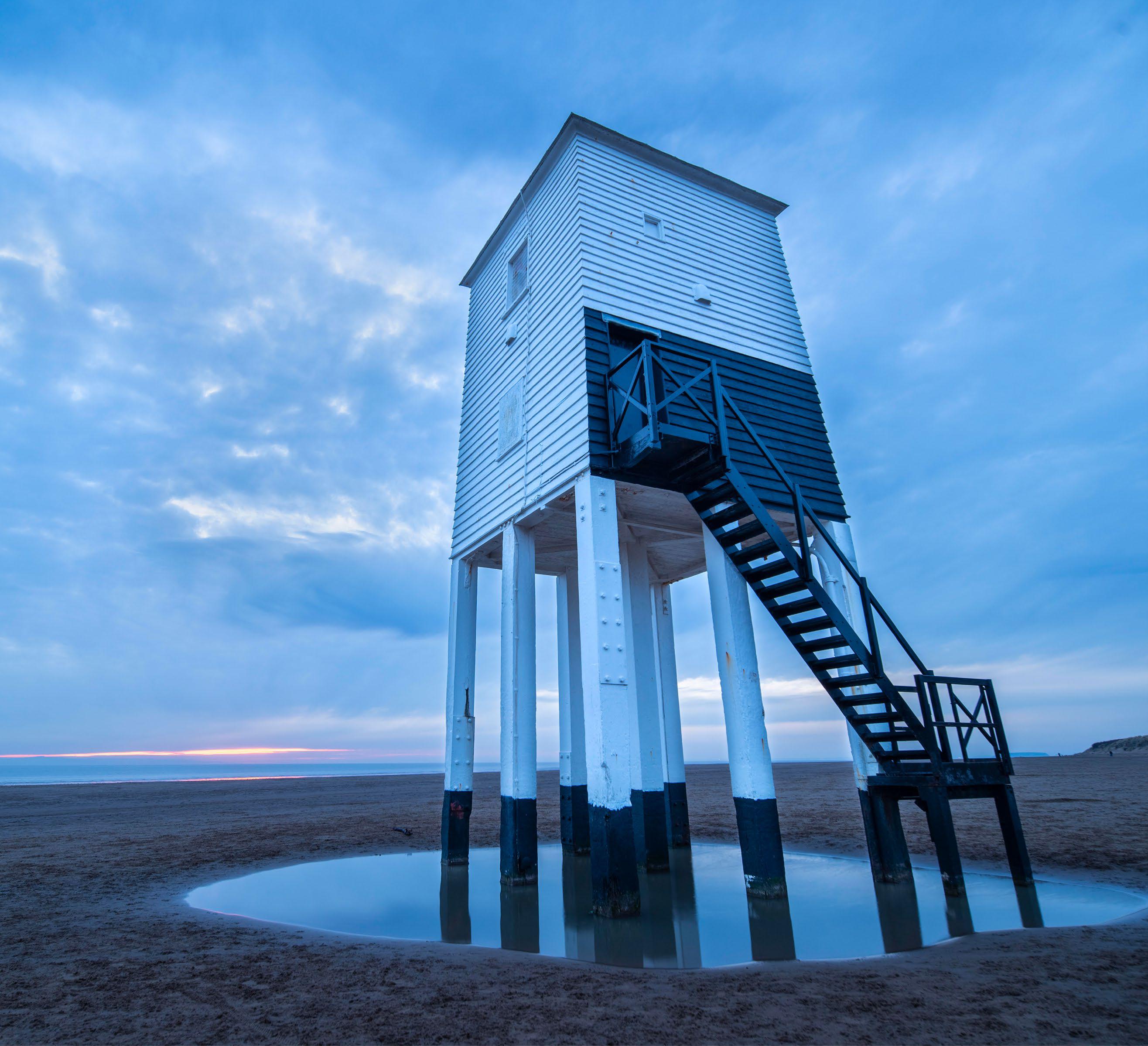
We're willing to bet there isn't a serious landscape photographer in all the land who doesn't love to photograph at sunset. But this jaw-dropping spectacle isn't the be-all and end-all of landscape photography. I've lost count of how many times I've seen fellow photographers pack up once the lion's share of the gorgeous golden light has gone, only to trudge back to their cars during the encore: the blue hour!
Blue hour, commonly referred to as the 'magic' hour, occurs before sunrise and also after sunset. While it's called an 'hour', you tend to only get the best blue colours for about 30 minutes. This incredible phenomenon happens during civil twilight, when the sun is between four and six degrees below the horizon. The longer wavelengths of red light fly into the Earth's atmosphere and out the other side while the shorter blue wavelengths hit the atmosphere and scatter, shrouding the landscape in those distinctive cool hues.
You can calculate when blue hour will occur at a given location with photography planning smartphone apps, such as The Photographer's Ephemeris and PhotoPills, but as with any landscape shoot, it's worth turning up ahead of time so you can prepare your kit and frame a good composition, so you're ready to go well before the main event.
Shooting in the blue hour doesn't require any special equipment, but darker lighting conditions make a tripod a must.
Bu hikaye PhotoPlus : The Canon Magazine dergisinin February 2023 sayısından alınmıştır.
Start your 7-day Magzter GOLD free trial to access thousands of curated premium stories, and 9,000+ magazines and newspapers.
Already a subscriber ? Giriş Yap
Bu hikaye PhotoPlus : The Canon Magazine dergisinin February 2023 sayısından alınmıştır.
Start your 7-day Magzter GOLD free trial to access thousands of curated premium stories, and 9,000+ magazines and newspapers.
Already a subscriber? Giriş Yap
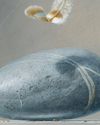
The Art of Copying Art - James Paterson shows you how to use your Canon gear to capture artwork and paintings the right way with simple camera and lighting skills
Whether you want to capture a painting like the above, digitise old prints or reproduce any kind of canvas, there's real skill in capturing artwork with your camera. Not only do you need the colours to be accurate, you also need to master the spread, angle and quality of the light to minimise glare and show the work at its best.This painting by the artist Bryan Hanlon has a wonderfully subtle colour palette. To reproduce the painting in print and digital form, it needs to be captured in the right way.
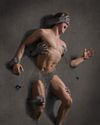
Fright night
Canon photographer and digital artist Alexander loves to craft incredible fantasy scenes with a spooky horror twist

Sharpen your shots with DPP
Sharpening a digital image also increases contrast at the edge of details

CANON ImagePrograf PRO-1100
Deeper blacks, better bronzing, greater lifespan and 5G Wi-Fi -Canon's new printer is full of new tech, says
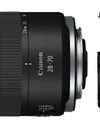
Canon's new 'kit lens' is actually a half-price f/2.8 trinity lens!
The Canon RF 28-70mm F2.8 IS STM lacks a red ring, but borrows premium features from its L-series siblings

DREW GIBSON
Pro motorsports photographer Drew on why he hasn't (yet) switched to Canon's mirrorless system, why old-school techniques can be the most reliable, and the lessons learned from more than a decade shooting the world's biggest car brands
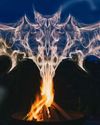
Up in smoke
Make a smoky shape in Affinity Photo and get to grips with the amazing Liquify Persona under the guidance of James Paterson

Expand your creativity with Generative Fill
Photoshop's Al-powered feature brings revolutionary new tools to image editing. James Paterson reveals all...
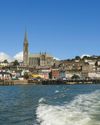
Turn your images into vintage postcards
Wish you were here? Sean McCormack explains how you can give your summer photographs a vintage postcard look
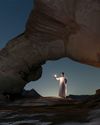
The Angel Malibu
Light painting an American movie producer in the Wadi Rum Desert in Jordan was a highly unlikely evening out for David!